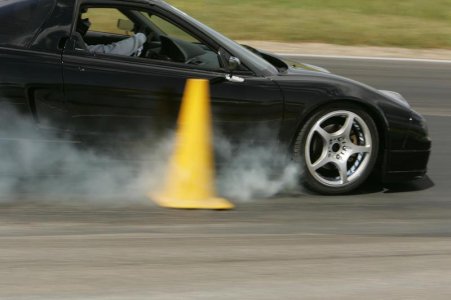Guys sorry for another track newb question. TRackmasters has asked that I bring an extra set of front pads with me to my novice HPDE in 2 weeks. They asked for "just bring the same set as what you have on the car now, high performance pads require brake-in so avoid them".
Well I just called Acura and they want $192 for a set of front pads only... this is compared to anything else I have seen around $80-90 set like Hawks, Brembo's, etc at the tirerack.
My car has 8800 miles on it, not driven very hard. I seriously doubt I need new pads at all but I guess I should take a back-up set. Something that does not need brake-in time. Something I can hopefully use on the street once this 2 day HPDE is over. Can you recommend something to me?
Is it worth dropping $200 on factory front pads?
Well I just called Acura and they want $192 for a set of front pads only... this is compared to anything else I have seen around $80-90 set like Hawks, Brembo's, etc at the tirerack.
My car has 8800 miles on it, not driven very hard. I seriously doubt I need new pads at all but I guess I should take a back-up set. Something that does not need brake-in time. Something I can hopefully use on the street once this 2 day HPDE is over. Can you recommend something to me?
Is it worth dropping $200 on factory front pads?







